How do Farmers Benefit from Anaerobic Digestion?
In the agricultural heartlands of the United Kingdom, farmers are increasingly turning to anaerobic digestion as a sustainable and innovative solution to manage waste and enhance productivity. This blog post delves into the myriad benefits that anaerobic digestion brings to farmers, exploring its positive impacts on soil health, crop yields, environmental stewardship, and overall farm economics.
The Essence of Anaerobic Digestion in Agriculture
Anaerobic digestion is a transformative process that biologically breaks down organic material in the absence of oxygen, yielding biogas and a valuable by-product known as digestate.
Understanding Anaerobic Digestion
The anaerobic digestion process involves the decomposition of organic waste such as food scraps, animal manure, and crop residues by microorganisms. This eco-friendly technology not only addresses waste management concerns but also contributes to renewable energy production, aligning perfectly with the sustainability goals of the modern farming industry in the UK.
Digestate: The Unsung Hero of Farming
Digestate, the nutrient-rich output of the anaerobic digestion process, is emerging as a cornerstone in sustainable farming practices.
Soil Quality Enhancement and Crop Yield Improvement
Termed as 'rocket fuel' for the soil, digestate significantly enriches soil quality. It's an organic, nutrient-packed fertiliser that is particularly suitable for organic farming. Studies, including those by WRAP, have demonstrated that digestate can increase crop yields, offering farmers an additional revenue of around £300 per hectare, alongside substantial savings on conventional fertilisers.
Economic Benefits for Farmers
The economic implications of using digestate are profound. By substituting a portion of traditional fertilisers with digestate, farmers can expect savings of up to £110 per hectare, as reported by Farmers Weekly. These cost savings are instrumental in improving the financial resilience of farms.
Environmental Stewardship and Anaerobic Digestion
Implementing anaerobic digestion aligns with the broader objectives of environmental conservation and sustainability.
Promoting Eco-Friendly Farming Practices
The use of digestate in agriculture has a minimal environmental footprint. Adhering to Quality Protocol and BSI PAS 110 regulations ensures that digestate application poses no negative impacts on crop quality or safety, fostering a healthier, more sustainable agricultural environment.
Reducing Carbon Footprint
Anaerobic digestion significantly reduces the reliance on fossil fuels. By opting for digestate, farmers lower their farm’s carbon footprint, especially when sourcing it locally from nearby anaerobic digestion plants. The proximity reduces fuel consumption for transportation, and farmers can further offset their carbon emissions by utilising the methane-based biogas produced from anaerobic digestion.
Streamlining Waste Management in Farming
Anaerobic digestion presents an efficient solution to manage agricultural waste, turning a potential problem into an opportunity for resource recovery and energy production.
Efficient Utilisation of Animal and Food Waste
According to ADAS, the UK sees approximately 90 million tonnes of animal manure used on farming land annually. Anaerobic digestion allows for the inclusion of other organic waste materials in the process, offering farmers a comprehensive waste management solution while enhancing their crop growing prospects.
Community and Economic Development
Anaerobic digestion projects contribute to rural economies by creating jobs and increasing disposable incomes. They offer a waste management solution with tangible environmental and economic benefits and foster community engagement in sustainable practices.
Conclusion
Anaerobic digestion stands as a beacon of innovation in the agricultural sector of the United Kingdom, offering a multitude of benefits to farmers. From enhancing soil health and increasing crop yields to promoting environmental sustainability and streamlining waste management, the advantages are clear and compelling. As demands on farmers continue to grow, the adoption of anaerobic digestion and the utilisation of digestate can play a pivotal role in shaping a more sustainable, productive, and economically viable future for agriculture in the UK.
